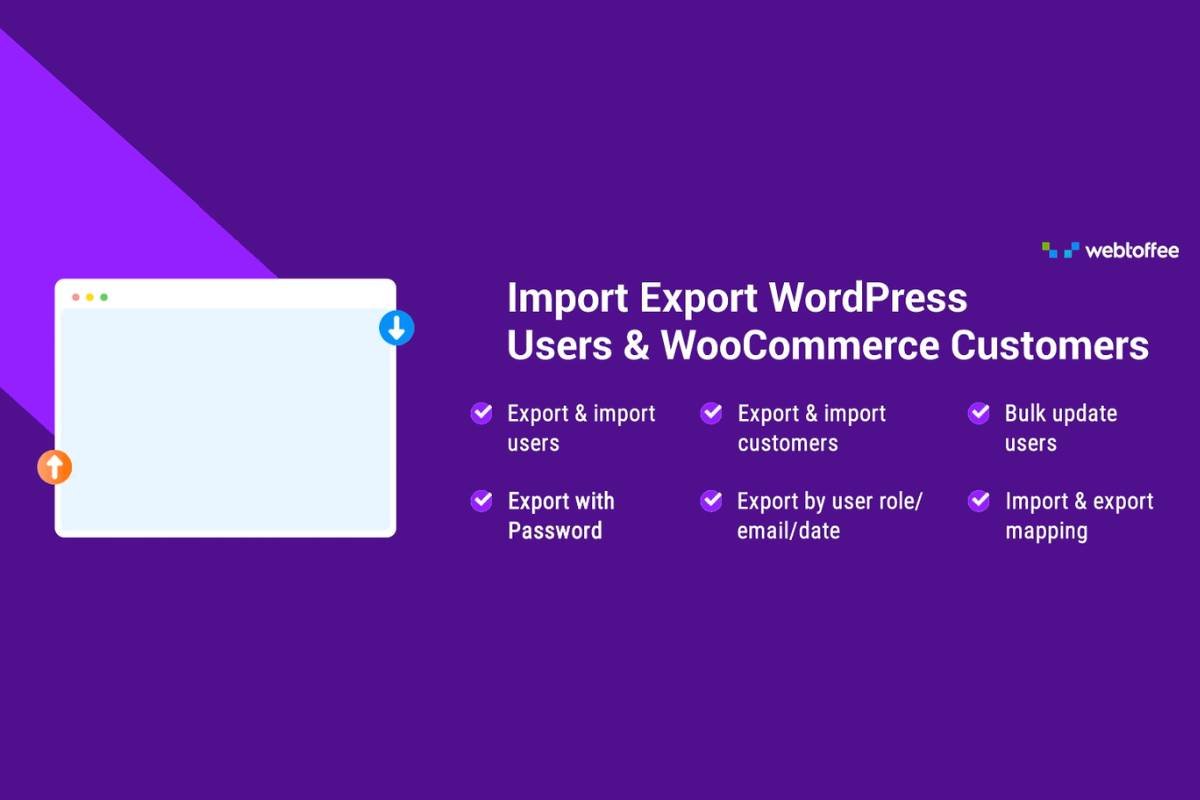The Tech sector has slowly crept into most sectors as businesses and institutions look at ways to optimize performance and efficiency. Because of this, some countries have positioned themselves as tech hubs with initiatives in place to entice developers, boost employment, and improve the economy.
The evolution of mobile technology and the rollout of 5G connectivity have accelerated these developments in recent years and Malaysia has been well placed to capitalize on the market.
How Malaysia Became a Global Tech Hub?
San Francisco’s Silicone Valley, Tokyo, Seoul, Berlin, and London have all made moves to attract some of the best talent in the industry. Another region that is benefitting is Malaysia whose government had the foresight to plan for a tech-reliant future.
The Malaysian government invested around $100 million in the 1990s to create the MSC (Multimedia Super Corridor). This Asian digital hib provided businesses with Digital Free Trade Zones that minimized taxes and customs charges. These moves helped attract businesses to the area and set up the country as a major Asian digital hub.
As an ASEAN (Association of Southeast Asian Nations) member, Malaysia has strong links with the ten other member countries and provides access to more than 600 million consumers.
The installation of these frameworks has attracted a diverse range of tech companies that specialize in areas including:
- AI
- Blockchain
- Robotics
- 3D Printing
- User Experience
- Big Data Analytics
- User Interface
- Cloud Centre
- Data Centre
Existing frameworks, access to a growing market, and financial incentives make Malaysia one of the most attractive areas for tech startups and established companies.
Tech Sectors Showing Growth in Malaysia
With so many benefits in the Malaysian tech sector, it is no surprise that a number of sectors are thriving. Everything from the healthcare and financial sectors to the entertainment industry has seen tech developments that are helping take them to the next level.
Below are just some examples of tech sector in Malaysia.
Online Gambling
Gambling in Malaysia is legal in some forms such as lotteries, horse racing, and licensed casinos. Online gambling operators are prohibited from setting up businesses in the country, which means that offshore betting sites are big business.

The industry in Malaysia is extremely lucrative and has been estimated to be worth approximately $2.99 billion. Because of this, online betting operators are making the most of developing tech sector to provide customers with state-of-the-art, immersive gaming experiences with robust security measures.
AI (artificial intelligence), VR (virtual reality), and AR (augmented reality) have all been implemented to improve efficiency and provide users with an experience that is as close to a real-life casino as possible.
Some operators are also implementing blockchain technology to improve security, with many also allowing users to play using cryptocurrencies.
5G connectivity has also provided the mobile gambling industry with the speed and reliability required for a high-quality gaming experience.
Esports
The Malaysian Esports market has benefitted from the country’s tech sector and has seen the government set aside an additional RM13 million (just under $3 million) to go towards the development of the industry in 2023.
Esports events are known to draw significant crowds to venues and players battle it out for monetary prizes. The events can also be bet on, helping another industry to grow in the country.
Esports is a relatively new trend with players able to vast sums from prize money, sponsorship, and live streaming.
Software developers have ensured the market is moving swiftly with the top players helping new games to grow in popularity quickly. Hardware developers also benefit from the top players and streamers using their equipment.
Software
Malaysia’s investment in tech sector has ensured companies from all over the world have set up bases there. As custom software solution demand grows, so does the amount of start-ups and established companies creating bespoke solutions for a variety of industries.
Some of the top software companies currently in Malaysia include:
- Innowise Group
- Ancient
- DePalma Studios
- Hivekind
- Lizard Global
- Qodeca
- Snappymob
Software companies with offices in Malaysia help all kinds of businesses to enhance processes and improve customer satisfaction. These companies specialize in IT strategy, staff augmentation, UX design, UI design, app development, and much more.
Hardware

The tech sector is reliant on hardware development companies to run software and provide industries with physical computer parts. Some of the biggest companies in the world have operations in Malaysia, including:
- Intel Corporation
- Apple
- HP Inc.
- Kitachi
- Honeywell
These companies benefit from significantly lower customs tariffs, allowing them to import and export efficiently.
Telecoms
The Malaysian telecom market is worth approximately $8.19 billion with a projected 1.72% compound annual growth rate that will see it rise to $8.92 billion by 2028.
Major telecom companies based in Malaysia include:
- Sacofa Sdn Bhd
- Edotco
- Maxis
- Digi Telecommunication
- Celcom
5G expansion has seen further growth as the demand for reliable high-speed internet services increases. Fiber broadband growth is also contributing to this sector’s success.
Healthcare
The medical tech sector in Malaysia is expected to reach a value of over $3.5 billion by the end of 2023. The increase in the use of tech in the healthcare sector is down to improved connectivity as 5G and fiber broadband provide users with quick and reliable services.
Tech implementation in the healthcare industry is used in various ways including the protection of sensitive data. Cybersecurity and data protection are a key focus for the industry and the implementation of blockchain technology is helping the digital ecosystem share and protect information.
AI applications in detection and diagnostics are another area of growth that provides medical experts with a way of streamlining medical services.
The development of nanomedicine will be revolutionary to the medical field. Microscopic objects and materials are used for medical purposes for treatment and diagnosis.
Fintech

Fintech is the technology that supports banking and financial services. Everything from internal banking systems to consumer banking apps and security is covered in this essential industry.
Malaysia’s impact on the global fintech market is significant and its value of over $40 billion dollars is set to double by 2028 with an annual growth rate of 15.56%.
As the banking industry moves away from in-person banking and is more reliant on digital banking services, the apps used by consumers must be able to handle the demand.
Security is also a significant factor with cybercrime estimated to cost around $8 trillion per year. While the techniques that criminals use grow more sophisticated, so do the protections put in place by financial institutions to protect investments, savings, and personal data.
Conclusion
Malaysia’s decision in the 90s to invest heavily in tech infrastructure has proved to be a wise choice. The frameworks and regulations in place have allowed the country to welcome a wide variety of tech industries.
Malaysia continues to support growth in this area and developing markets which puts it ahead of many other regions that are currently playing catch-up.
Malaysia’s digital investment growth has been growing in momentum as more industries find themselves relying on developing technologies. The infrastructure in place puts the country in a prime position to attract new talent and secure further growth.


















